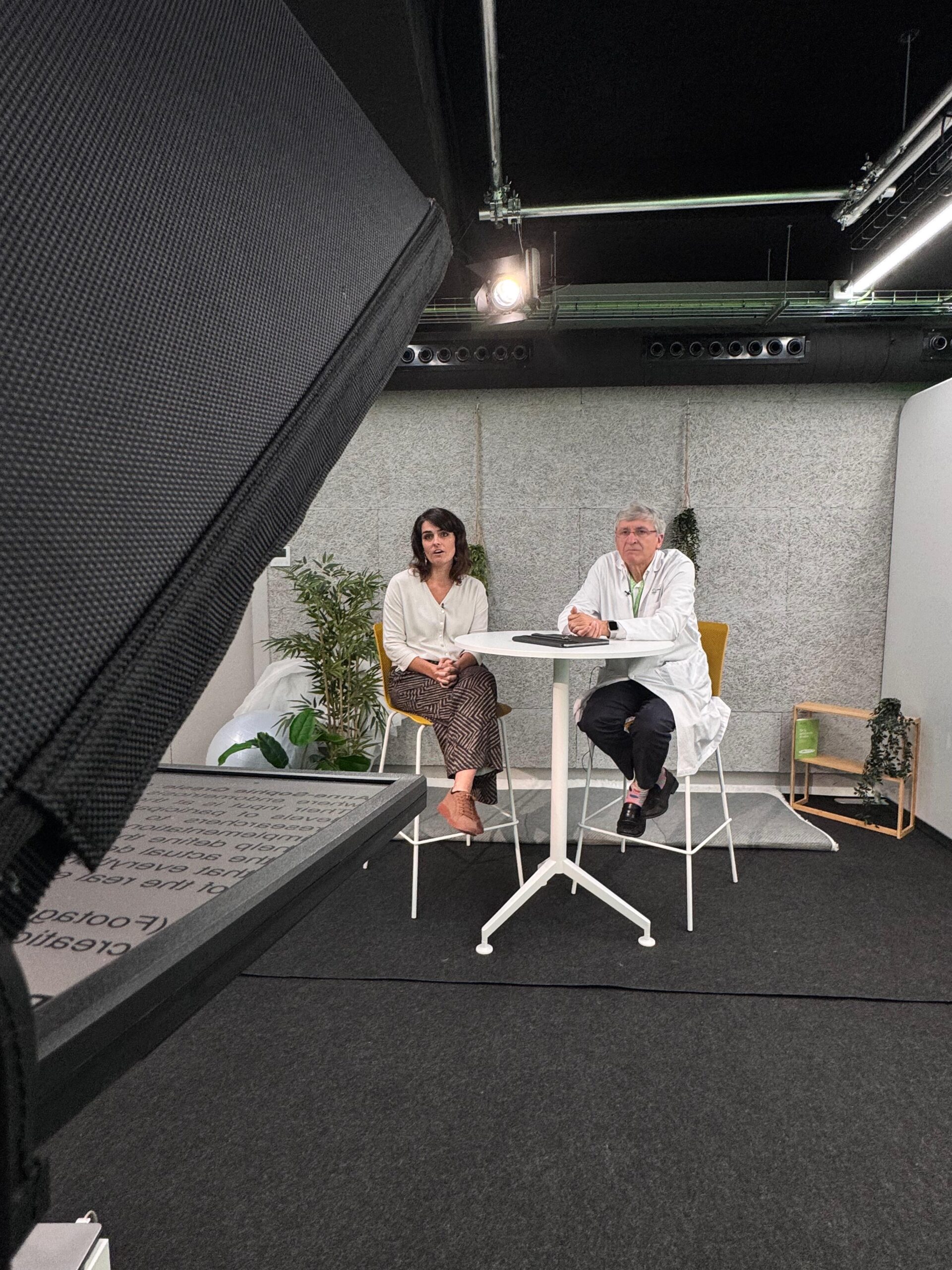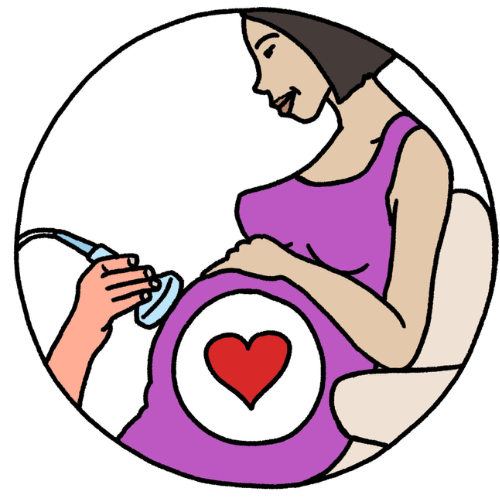Project Description:
Obstetric Coevolution (OBCOE) is a citizen science project that aims to co-evolve obstetric practices to enhance the birthing experience by exploring how these practices affect mothers’ mental health.
We run co-creation workshops with mothers and perinatal professionals. So far, we have identified five key challenges: fear, communication, the medicalisation of childbirth, mental health (PTSD), and postpartum loneliness. To address these issues, citizen scientists propose four solutions: a closing session between mothers and the professionals who attended their birth, increased sexual and reproductive health education in school curricula, better dissemination of women’s needs, and the creation of cross-cutting women’s groups outside health centres. We also co-create an 85-question survey.
In this second phase, we have conducted a detailed co-analysis of the survey results. We engage mothers and childbirth professionals in a new co-creation process to develop a protocol for collecting valuable post-birth data and fostering closure meetings. We plan to include sexual and reproductive health content at the school level, which is why we organize an online eduhackathon with teachers and perinatal professionals. Additionally, we produce a new season of Transmedia_Lab Mandarina podcasts focused on motherhood.
Project Type: Sustaining Grant
Theme: Justice and Equity, Health
Mentor:Antonella Passani
A Decalogue, a Well-being Scale, and a Health Card to Improve the Birth Experience
Obstetric Coevolution (OBCOE) is a citizen science project that aims to understand how obstetric practices impact mothers’ mental health and to co-evolve and improve childbirth experiences. Last year, we demonstrated that instrumentalized deliveries increase the risk of postpartum mental health issues for mothers. Regarding inductions, we know they contribute to higher rates of caesarean sections and episiotomies. The World Health Organization (WHO) recommends keeping induction rates below 10%. However, in Catalonia, nearly 25% of low-risk labours and 34% of total labours are induced.
Furthermore, 93.3% of women report that they would postpone or reject induction if they were to give birth again. So, why don’t obstetric practices consider women’s emotional risks or listen to their voices? This is likely because obstetricians do not see mothers after delivery and, therefore, do not receive firsthand feedback. Data is not collected systematically, and women—being a historically underrepresented and vulnerable community in health research—are often overlooked. In this context, OBCOE’s citizen science approach has promoted inclusivity by involving mothers, partners, perinatal professionals, and teachers.

Three out of five women believe it would have been helpful to speak with the professionals who attended their birth afterward. This feedback led to one of the key proposals from mothers and professionals to address the five challenges identified in improving the birth experience. This year, we conducted a new series of workshops to co-design a protocol for postpartum meetings. These meetings serve three purposes: facilitating information exchange between mothers and professionals to understand the birthing experience better, collecting valuable post-birth data, and promoting emotional closure for all parties involved. The workshops resulted in creating a decalogue of best practices, a well-being scale encompassing physical, emotional, and social aspects, and a comprehensive health card for pregnancy, delivery, and postpartum care. These tools aim to address the research question of how childbirth data can be collected to refine obstetric practices and minimize postpartum mental health challenges, such as post-traumatic stress disorder (PTSD).

Another significant proposal from participants is to enhance sexual and reproductive health education from an early age. Currently, most educational resources focus primarily on preventing pregnancy and sexually transmitted infections. But what about topics like pleasure, discomfort, and human reproduction? To address this gap, we organized an online eduhackathon during Catalonia’s Science Week, inviting teachers and sexual and reproductive health professionals to co-create innovative educational resources.
OBCOE has received funding twice from IMPETUS and support from the Barcelona City Council. Our honorary mention in the European Union Prize for Citizen Science stands as an important recognition of our work. The next step involves partnering with hospitals and securing additional funding to implement a proof-of-concept study. We are ready to collect data that will advance scientific knowledge and drive social and political change. Childbirth is a unique physical, emotional, and social experience—let’s celebrate and enhance it in all its dimensions!





